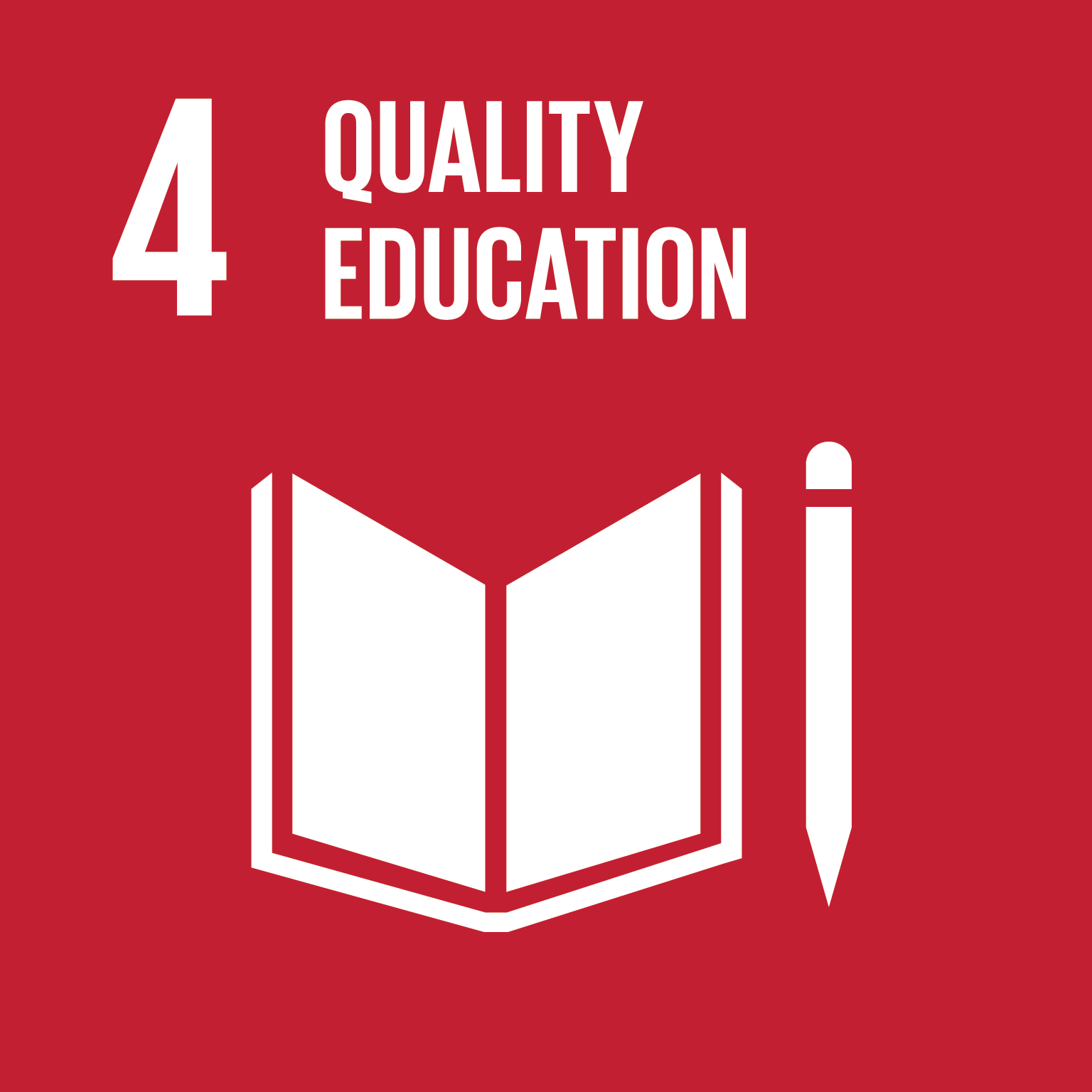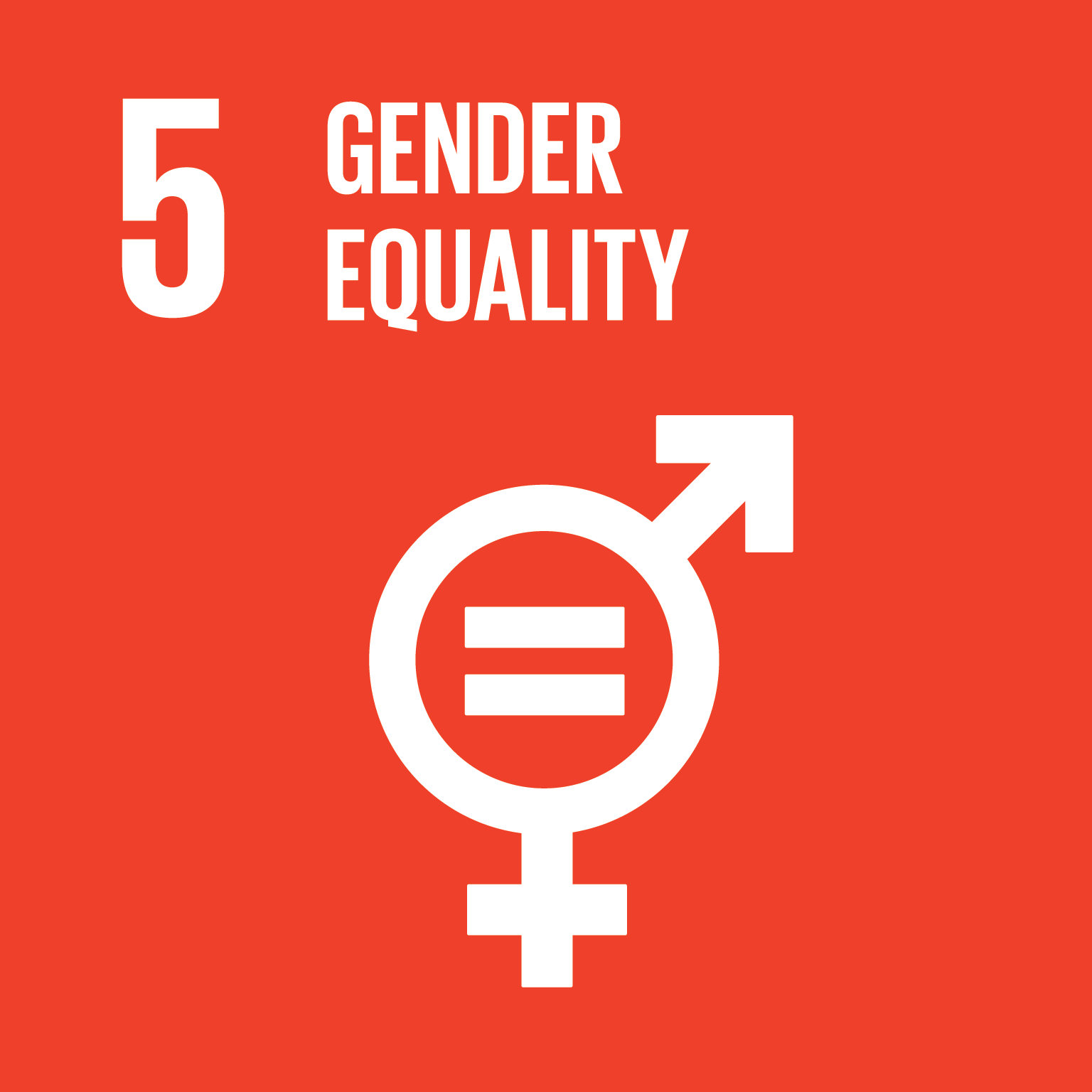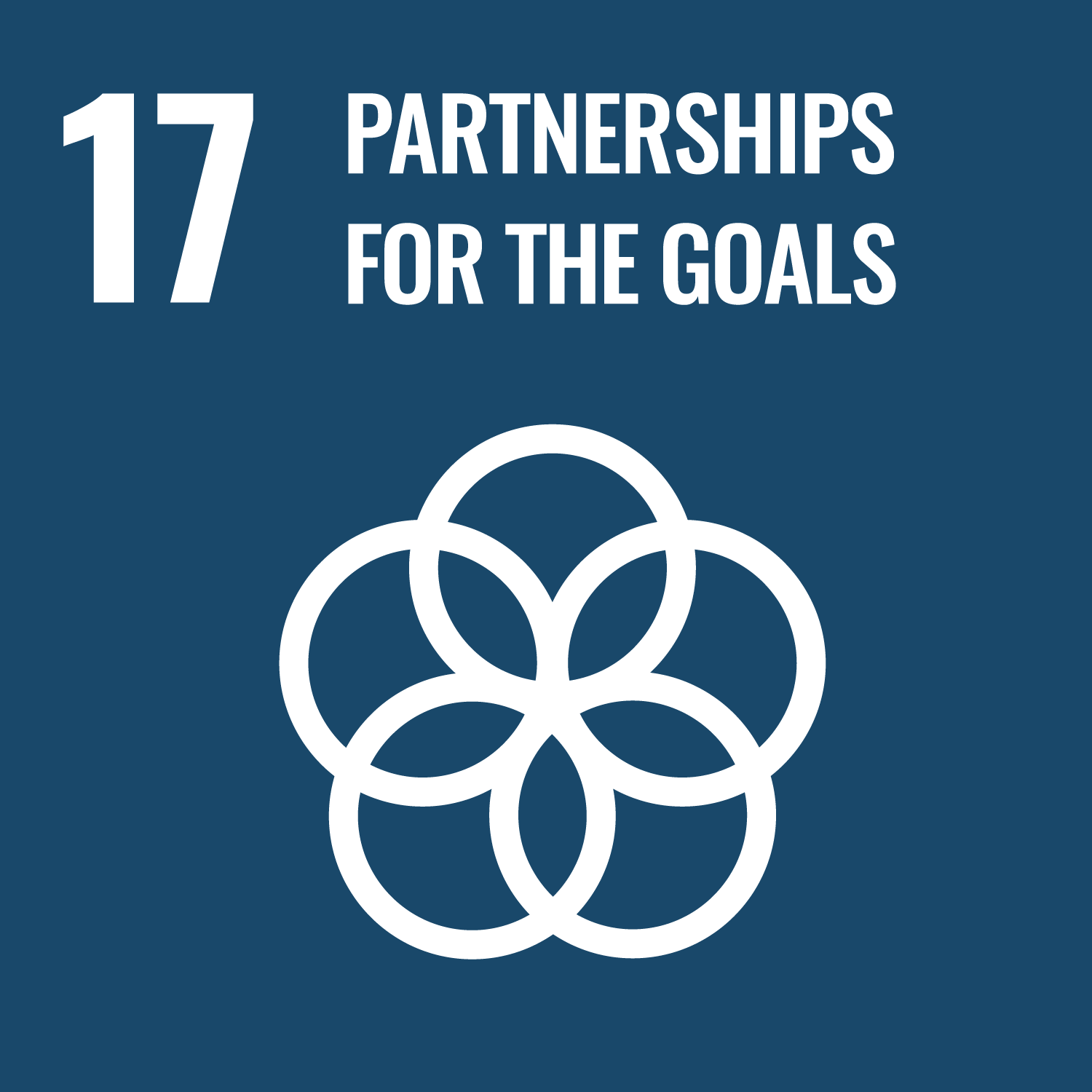This program aims to improve the literacy skills of refugee students and empower them in their education through modules with project-based learning. Five modules with project-based activities were developed in accordance with the UNESCO and Institute of International Educational Policy’s guidelines on creating an accelerated learning programmed during states of emergencies. Students were able to develop cognitive abilities, emotional and imaginative skills through language. Poetry writing is a form of creative writing that requires students to explore their creativity and ways to expand it. “ Be inspired and inspire others” is the concept behind the self-empowerment poems.
“Raise Your Voice” was a campaign, advocacy and petition project aimed at teaching students to take charge and make a difference in their school. Refugee schools often faced poverty and environmental issues surrounding them. Problems like bed bugs, excessive mosquito breeding sites and the surge of rats due to improper rubbish disposal methods are constantly on the rise. Students were exposed to Language for Persuasion and Negotiation as to how to promote their campaigns. “ The better your persuasions are, the more visible your cause becomes”. Creating a Safety and Hygiene Newsletter was not only an attempt to get students to protect themselves against hazardous situations such as fire and accidents, but the project will encourage them to develop sourcing, questioning and predicting skills. In addition the students were taught to use computer skills such as Microsoft Word Document and typing skills in order to produce their own newsletter. Peace messages postcards and T-shirts is a unique approach to get the Chin students to relate to other disadvantaged groups. The highlight of the project is when the students were exposed to Sign Language and Deaf culture lessons during one of our workshops conducted by Deaf trainers from RC Deaf Missions Malaysia.
The school is also unique in the sense that they have accepted students from other ethnicity, such as the Rohingyas which is rare indeed due to the racial tensions between those two ethnic groups back in their homeland. However with this project, the Chin students have been asked to create peace messages to make the Rohingya students to feel at home in ULC. The aim is to get them to realise that “There is power in peace and unity and great friendships that comes along with it.” The peace messages were printed out as postcard messages with the photos serving as front cover. Last but not least, as the students resettled to a first world country in the future, they must never forget their roots and origins. In fact, staying in the country of asylum as Malaysia may result in them losing touch with their origins. Hence the National Identity module aims to get them to get in touch with the things that resonate with them deeply such as traditional handicrafts and the unique stories behind them that can also be shared with the Malaysians.


